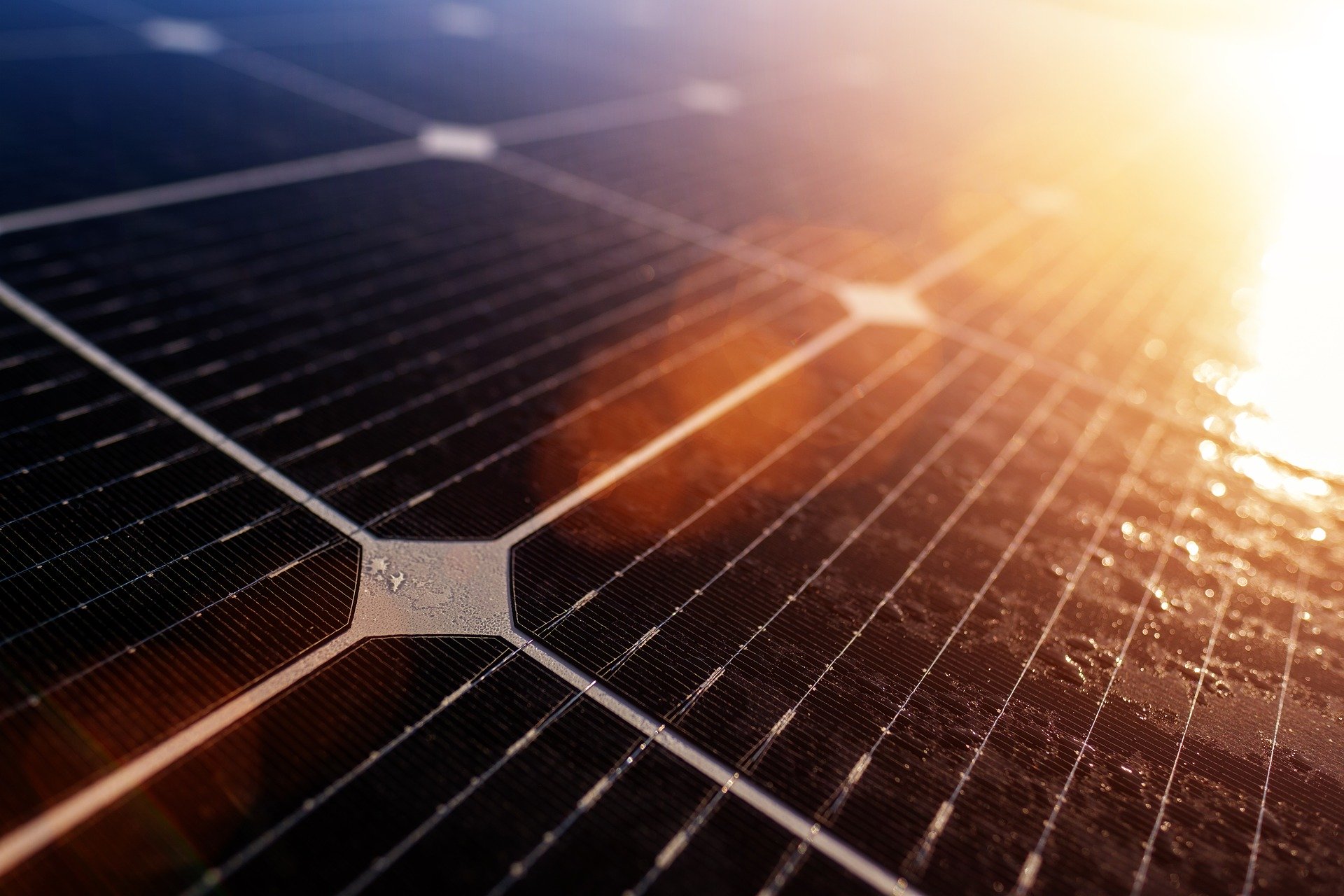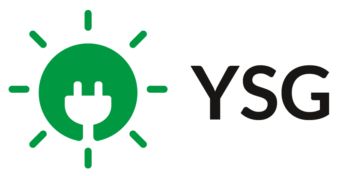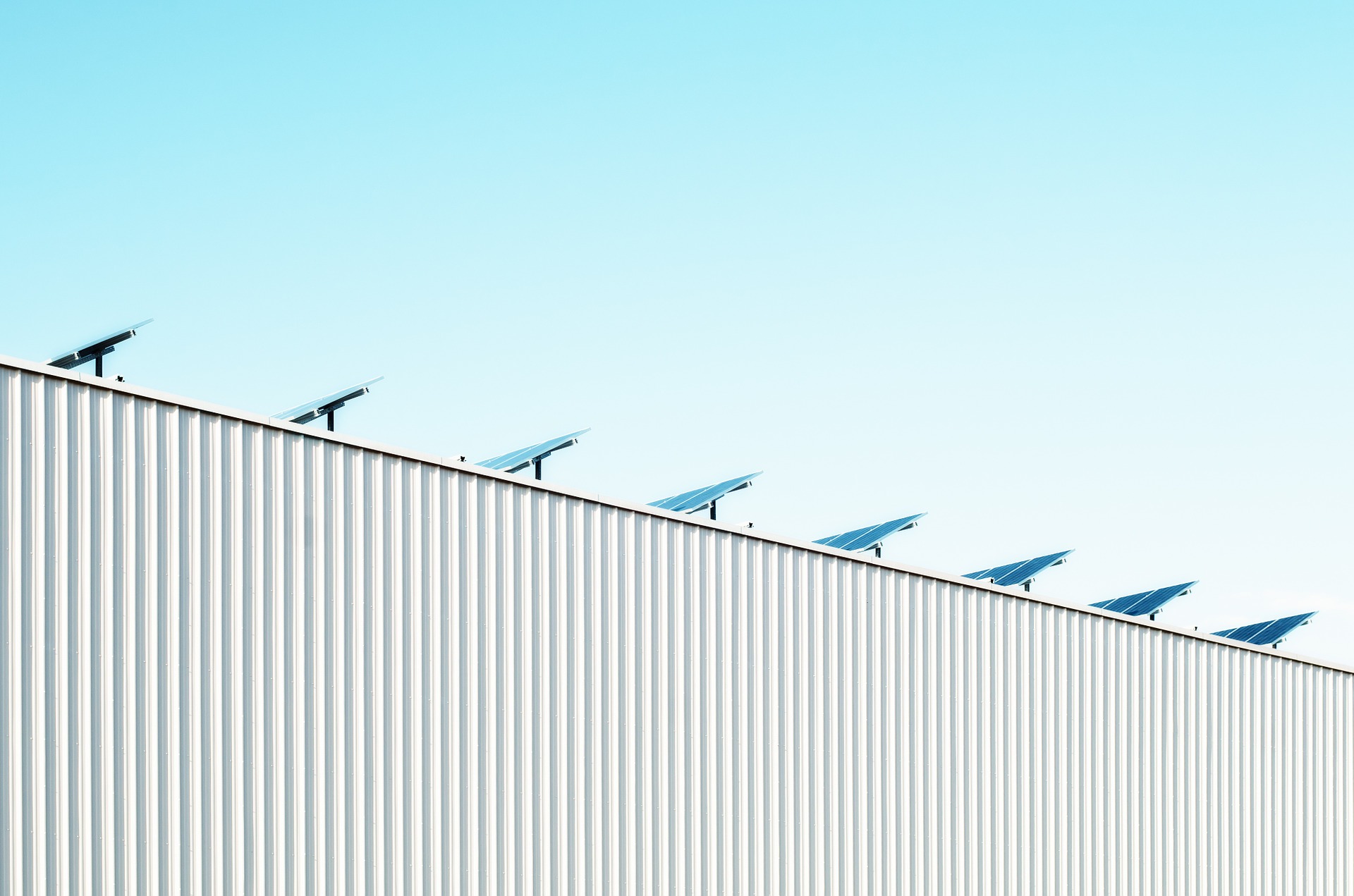As many people are aware, solar technology has reached grid parity in most parts of the country. Essentially, this means that generating electricity with solar power is cheaper than buying it from an electric distribution company (another word for a utility).
In certain markets, local utilities and states have programs that allow you to either sell the utility power directly through a Feed-in-Tariff program, or to other "off-takers" through community solar or remote net metering. Regardless of how the electricity is sold, it creates an opportunity for solar developers to lease roof space that can host generation equipment. Solar developers are looking for roofs, vacant or empty lots, parking lots for canopies, landfills, and brownfields—but today we are just talking about solar roof leases.
What makes a roof good for a solar lease?
The building should have the structural integrity to hold the weight of solar equipment. The roof shall be at least 50,000 square feet in space. The building should have access to three-phase power that is no further than the street outside the property.
Why do I need to have 50,000 square feet of roof space to lease my roof?
Solar roof leases can be very complex legal agreements. The agreements and projects typically have transactional costs ranging from $100,000 - $200,000. The property owner who is leasing his roof may have legal expenditures that average $10,000. Solar roof lease agreements also have many terms which solar developers cannot negotiate. Most property owners feel as though the relationship is swapped, with the way the agreement is structured. The reason why the solar roof lease is so rigid and fixed is due to the solar investment tax credit. The ITC requires the solar company to secure a tax equity investor. Tax equity investors are typically institutional parties that are highly regulated. The tax equity market is also a buyers’ market and with COVID and major corporate losses the pool of tax equity investors is getting smaller.
What if I have a roof leak with a solar roof lease?
So the property owner is typically fully responsible for any leaks that are not caused by the solar equipment. For this reason solar developers will usually require that the roof is either brand new or has a warranty that matches the solar lease term.
Companies such as YSG Solar have unique offers which allow us to provide property owners with a brand new roofing structure and very competitive lease payments.
In part 2 of this post, we will go into further detail. The bottom line is that leasing roofs for solar equipment requires a commitment from both parties—it is not a small project. It takes a long time to understand all the nuances.
If you think you have a large roof and want to talk numbers, YSG is the only company in the United States that has really mastered the roof leasing process. YSG has streamlined the process to reduce risks for all parties while increasing value and revenue.
To go solar and develop your own renewable energy project, get in touch with YSG Solar today. Send us an email, or call at 212.389.9215 to learn more about the energy market and how you could save with solar.
YSG Solar is a project development vehicle responsible for commoditizing energy infrastructure projects. We work with long-term owners and operators to provide clean energy assets with stable, predictable cash flows. YSG's market focus is distributed generation and utility-scale projects located within North America.
Sources:
https://www.ysgsolar.com/blog/rent-my-roof-solar-ysg-solar
https://www.ysgsolar.com/blog/solar-roof-leasing-new-york-city-ysg-solar
https://www.seia.org/initiatives/solar-investment-tax-credit-itc

